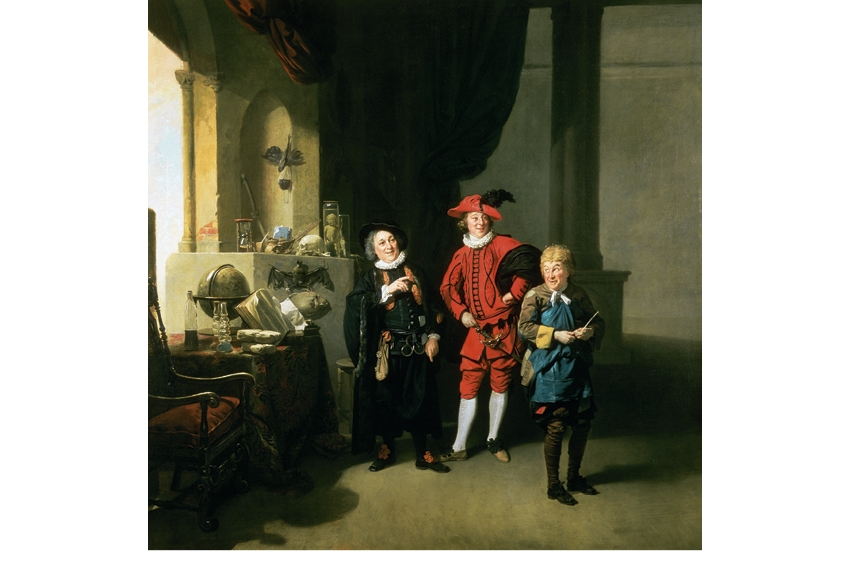Sam Leith on the paradoxical nature of Britain’s first literary celebrity
What a piece of work was Ben Jonson! If you lived in Elizabethan England and had just narrowly escaped the gallows after stabbing a man to death in an illegal duel, wouldn’t you want to keep your head down for a bit? Not Jonson. He converted to Catholicism.
A few months after the bishops of Canterbury and London, in 1599, declared the writing of satire illegal, what did Jonson produce? Every Man out of his Humour, a self-declared ‘comical satire’. The writing of history was also proscribed — Tacitean history being a particular sore point. So in 1603 Jonson produced Sejanus, a history play based on Tacitus. Epigrams were banned too. By 1612, Jonson got round to publishing some.
Anyone would think he didn’t want to get on. Yet get on (despite the odd spell in chokey, and a fusillade of letters begging for forgiveness) is exactly what he did. He was the stepson of a bricklayer, with a criminal conviction for manslaughter, and a serial writer of plays that gave offence to court favourites — yet he became the pre-eminent dramatist and deviser of court entertainments of his era.
Jonson was a bruiser, intellectually and physically. He was poet, soldier and brickie. That was when poets were hard. He once walked to Edinburgh and back for a bet. He put his own shoulder to the wheel when scenery needed rotating for his masques. Towards the end of his life he weighed 20 stone. Ugly bugger, too; he was described by his sometime associate Thomas Dekker as ‘a staring Leviathan’ with ‘a terrible mouth’ and ‘a parboiled face … punched full of oilet holes, like the cover of a warming pan’.
But bruiser was only half the story.









Comments
Join the debate for just £1 a month
Be part of the conversation with other Spectator readers by getting your first three months for £3.
UNLOCK ACCESS Just £1 a monthAlready a subscriber? Log in